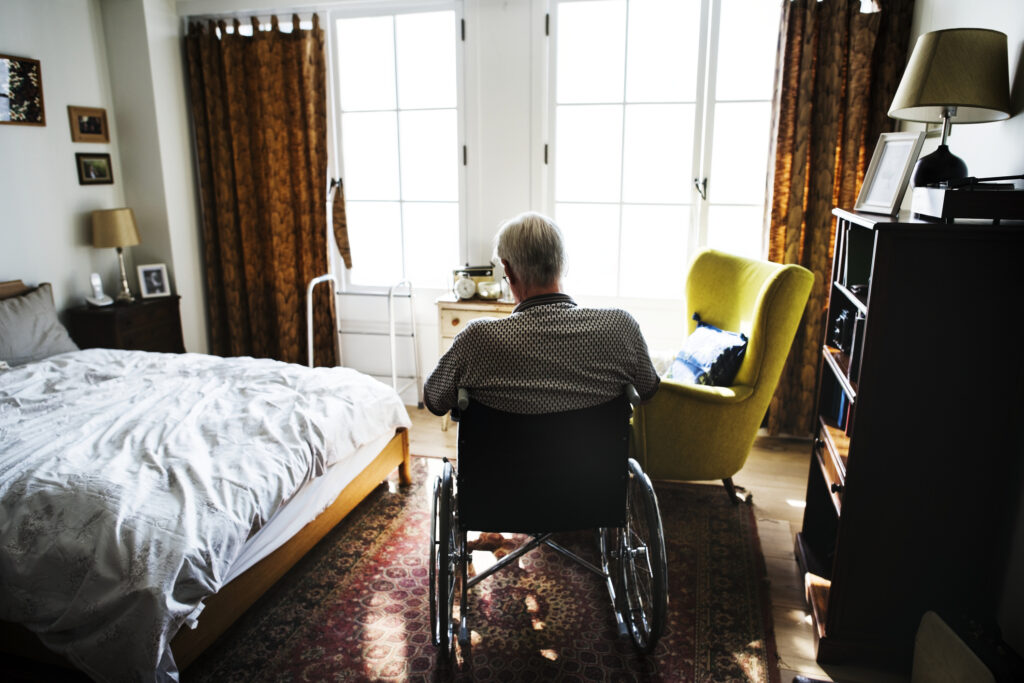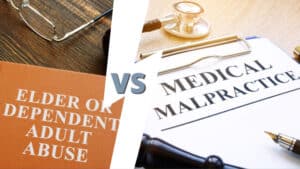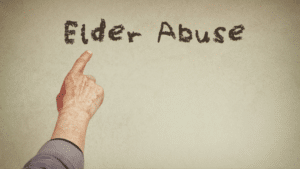This week’s question comes from Tara W. from Tiburon, who asks:
Q: “My grandmother is in a nursing home. She is bedbound and can’t use her legs. From my visits and conversations with her, it is clear that the nursing home personnel doesn’t get her out of bed or change her adult diaper nearly regularly enough and, as a result, she has developed two large sores on her bottom. We know it is not the best place for her, but it is all our family can afford. What rights does she have and what can I do to hold them responsible for not caring for my Grandma?
A: Dear Tara, As our society ages as a group, more and more facilities are springing up in the elder care business. Unfortunately, while many are caring and reputable, many others are poor quality and understaffed, with some resembling nothing more than warehouses for the elderly. In the context the Bay Area’s skyrocketing costs of living, many families like yours have no choice but to settle for substandard services.
California’s Elder and Dependent Adult Civil Protection Act (“EADACPA”), codified in the California Welfare and Institutions Code, reflects the state legislature’s recognition that persons age 65 and older are a disadvantaged class worthy of heightened protection from the state because their age-related physical and mental limitations diminish their ability protect their rights on their own. Cal. Welf. & Inst. Code § 15600. EADACPA protections also apply to other disabled adults between 18 and 64 whose physical or developmental disabilities restrict their ability to carry out normal activities and are therefore either dependent on others for their basic and daily needs or admitted as inpatients to 24-hour health facilities. Cal. Welf. & Inst. Code § 15610.23(a)-(b). The law seeks to protect elders and dependents from abuse and neglect by providing an array of public and private legal remedies, including recovery for a victim’s pain and suffering, attorney’s fees, litigation costs, and punitive damages. Cal. Welf. & Inst. Code § 15657. By imposing the specter of these enhanced remedies in litigation, the law seeks to simultaneously disincentivize unlawful behavior and encourage private enforcement of the laws.
EADACPA defines neglect of an elder/dependent as “[t]he negligent failure of any person having the care or custody of an elder or a dependent adult to exercise that degree of care that a reasonable person in a like position would exercise,” which may take the form of failure to assist in personal hygiene, provide food, clothing, shelter, or medical care, or protect from health and safety hazards. Cal. Welf. & Inst. Code § 15610.57. Abuse is defined as deprivation by a care custodian of goods and services necessary to avoid physical harm or mental suffering, or as well as financial abuse, physical abuse, neglect, abandonment, isolation, abduction, or other treatment resulting in physical harm or pain or mental suffering. Cal. Welf. & Inst. Code § 15610.07.
To recover EADCPA’s enhanced remedies, including punitive damages, a plaintiff must prove by clear and convincing evidence not only that the defendant is liable for physical abuse, neglect, or financial abuse as defined by the act, but also that they are guilty of recklessness, oppression, fraud, or malice in the commission of that abuse. Beyond a purely negligent absence of care, recklessness involves a deliberate disregard of the high degree of probability that an injury will occur, rising to the level of a conscious choice of a course of action with knowledge of the serious danger to others involved in it. Oppression, fraud, and malice further require intentional, willful, or conscious wrongdoing of a despicable or injurious nature. Cal. Welf. & Inst. Code § 15657.
Tara, from what you report, your grandmother’s situation sounds like it could qualify as neglect under EADCPA. Your family’s first step should be to file an administrative complaint. The allows any person or organization, not only victims and family members, to file a complaint about a nursing home with the Licensing and Certification Division of the California Department of Public Health (DPH). The DPH’s San Francisco office is located at 150 North Hill Drive Suite 22, Brisbane, CA 94005. Their phone number is (415) 330-6353.









